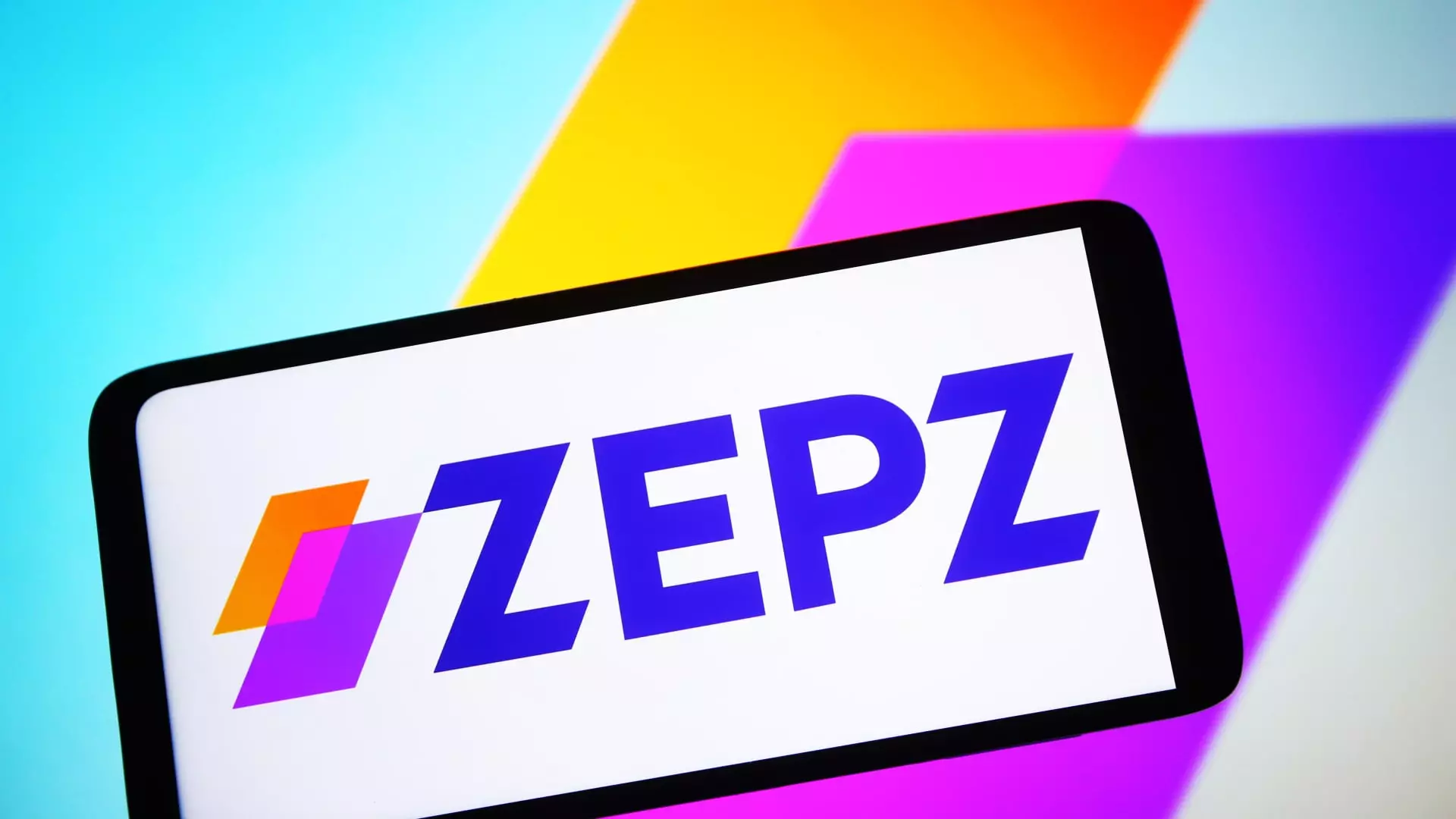In a strategic maneuver highlighting the ongoing volatility in the fintech sector, British digital remittances company Zepz has begun laying off a significant number of employees and closing its operations in select countries. The decision to part ways with nearly 200 employees—representing approximately 20% of its workforce—has sent ripples through the industry and raised concerns about the financial stability and future direction of this once-thriving company.
Zepz, previously known as WorldRemit, has found itself entangled in a series of layoffs that cut across various IT departments including software engineering, database administration, and development operations. The company acknowledges these redundancies as a necessary step towards ensuring the sustainability of its long-term strategic goals. The ongoing layoff crisis builds upon previous reductions; earlier in the year, the company reduced its workforce by over 400 employees, making a significant impact on the overall structure of the organization.
Speculation surrounding the rationale behind these job cuts centers on an increased reliance on automation and artificial intelligence. Following the completion of its replatforming efforts, Zepz seems to be streamlining processes, which has led to a decreased demand for certain IT roles. Although the company asserts that it remains committed to enhancing customer experience and innovation, the drastic cuts raise questions about future investments in human capital versus technological advancements.
The decision to close down operations in Poland and Kenya adds another layer to Zepz’s complex strategy. By consolidating its workforce and eliminating cross-border functions, the company aims to refocus its resources and drive efficiency. In an internal memo, CEO Mark Lenhard expressed the difficulty of this decision, recognizing the profound impact on employees’ lives while emphasizing the need for ruthless prioritization to fulfill their mission of serving migrants worldwide.
These drastic moves have sparked a debate about the health of not just Zepz, but the broader fintech market. Companies across various sectors are grappling with economic pressures that have forced them to cut costs and innovate rapidly. The fintech landscape, laden with competition from established players such as PayPal, Wise, Revolut, and Remitly, challenges Zepz to reassess its value proposition to remain competitive.
Reflecting on Zepz’s origins invokes another layer of complexity. Founded by Ismail Ahmed, a Somali entrepreneur who drew from his tumultuous past to infuse a vision of financial empowerment for migrants, Zepz was seen as a beacon of hope for many. Dharmender Chawla, the current sentiment among former employees resonates with a mix of gratitude for past opportunities and concern for the future. The company’s shift from its more community-focused roots towards a corporate identity embodies a larger trend of startups grappling with the pressures of scale and profitability.
Zepz has also positioned itself as a “remote-first employer,” a concept that has gained traction amid the pandemic. While this shift offers flexibility and access to global talent, the layoffs indicate a potential misalignment between remote work ideals and operational needs. The reduction in headcount clashes with earlier narratives of inclusivity and growth in diverse geographical locales.
Despite a tumultuous recent history, Zepz continues to eye growth and remains a potential candidate for an Initial Public Offering (IPO). Having accrued significant investments from reputable venture capital firms, the company was valued at $5 billion in 2021. The celebratory tone surrounding its funding rounds contrasts sharply with the current reality of job losses and restructuring.
While Zepz’s spokesperson insists that customer service will not be impacted by these layoffs, the broader implications of such a corporate turnaround remain to be seen. Customers of digital payments need continued assurance that they can rely on the platforms that facilitate their remittances. As the fintech sector continues to evolve, the key will lie in Zepz’s ability to adapt without sacrificing the values that initially propelled it to prominence.
The company now faces a dual challenge: to effectively navigate the current economic landscape while convincing stakeholders and employees alike that its restructured model can deliver on the promise of financial solutions for millions around the globe. Whether Zepz can regain its footing and carve a sustainable path forward will largely depend on its strategic execution and leadership vision in these uncertain times.

